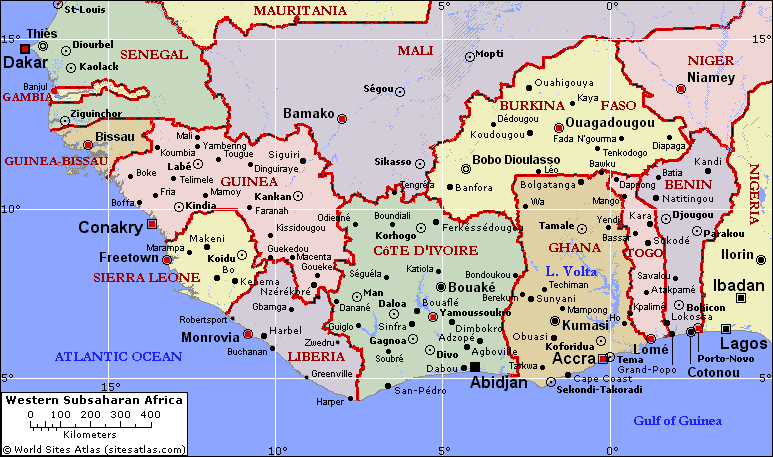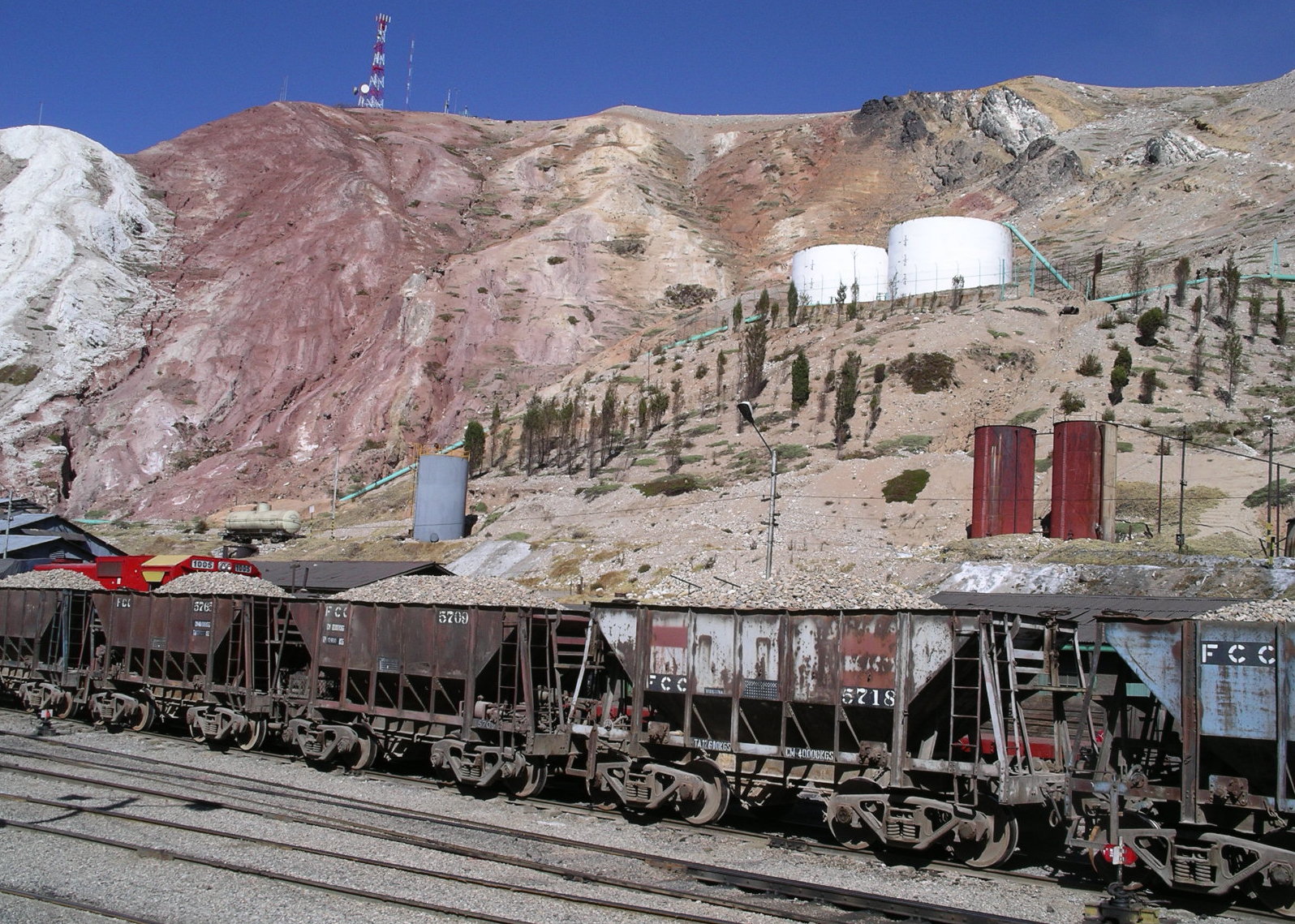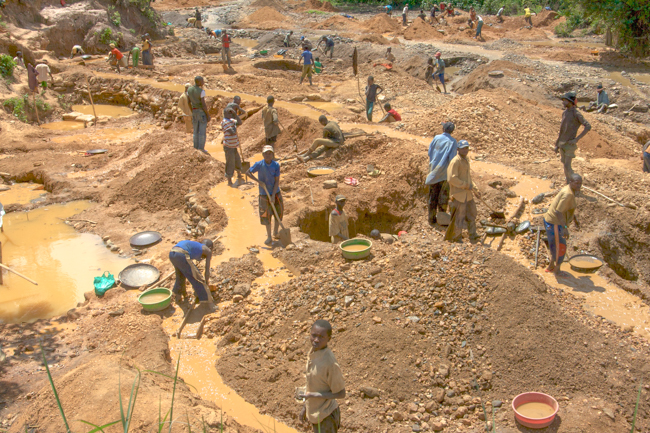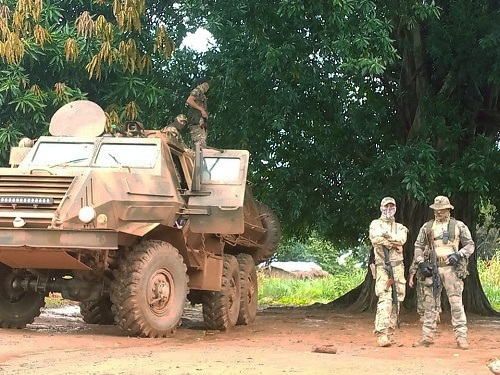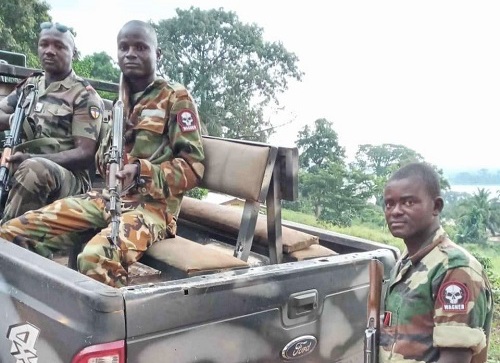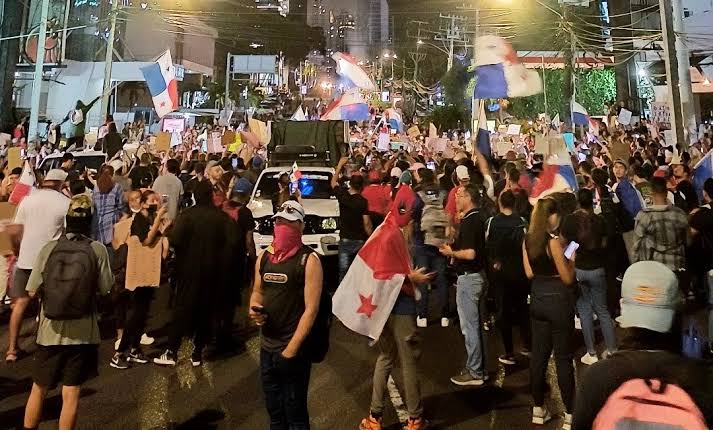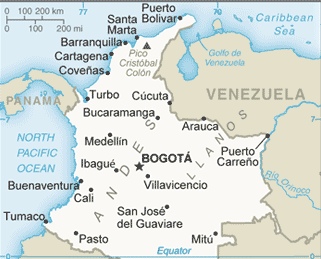
AI, nuclear power and the end of the Earth
Tech companies now acknowledge that they are failing to meet their carbon emission reduction goals because of the mega-computing necessary for artificial intelligence—as if AI were something good and inevitable rather than ultra-dystopian. Meanwhile, the nuclear industry exploits carbon concerns to lubricate its comeback—with even countries like Kenya now planning reactors, amid oppressive and iniquitous social conditions. Even apart from the risk of devastating accidents, the normal functioning of nuclear power constitutes an ongoing disaster due to the dilemmas of waste disposal and the despoliation of indigenous lands by uranium mining. Climate disaster versus nuclear disaster is a false choice posed by omnicidal techno-capitalism. The only way to salvage a dignified human future lies in the abolition of fossil fuels, nuclear power and artificial intelligence alike. So argues Bill Weinberg in Episode 234 of the CounterVortex podcast. (Image: Earth First! Newswire)



